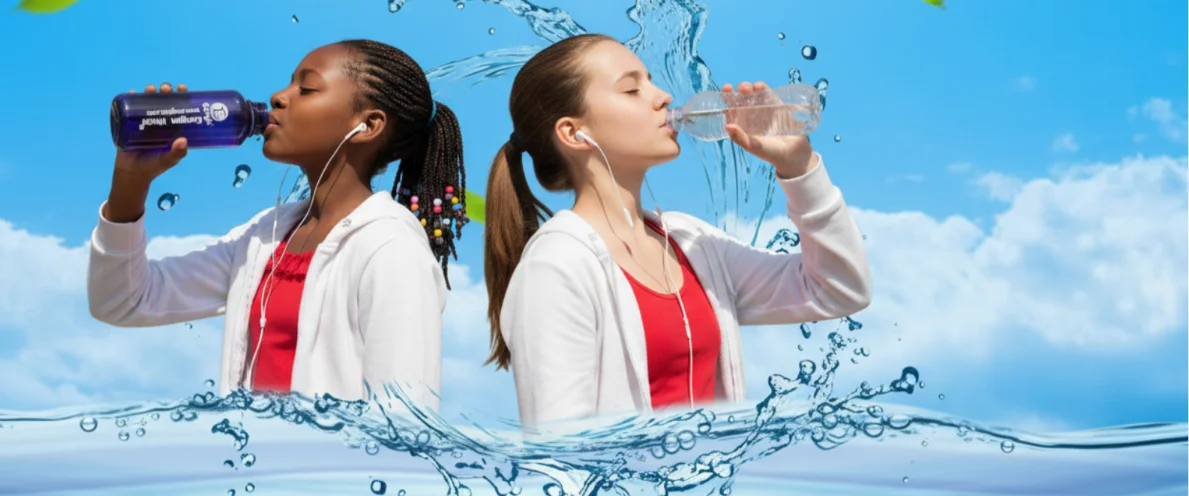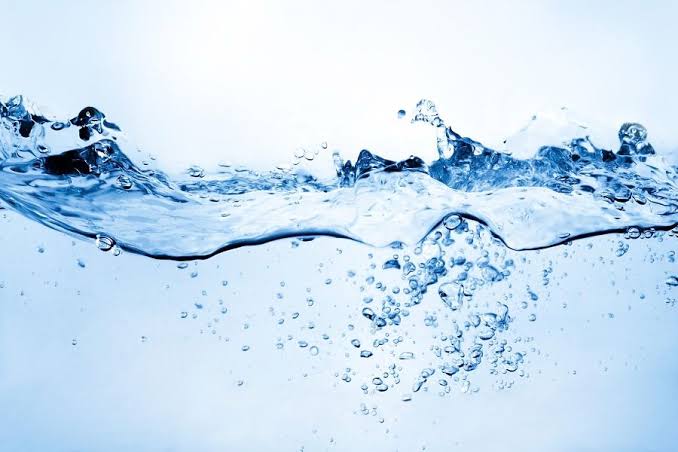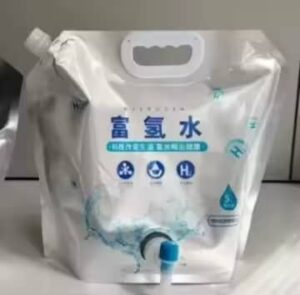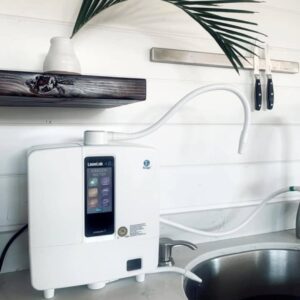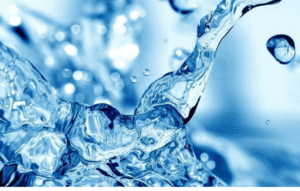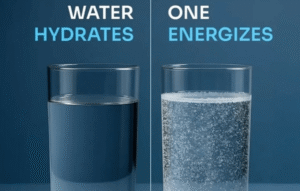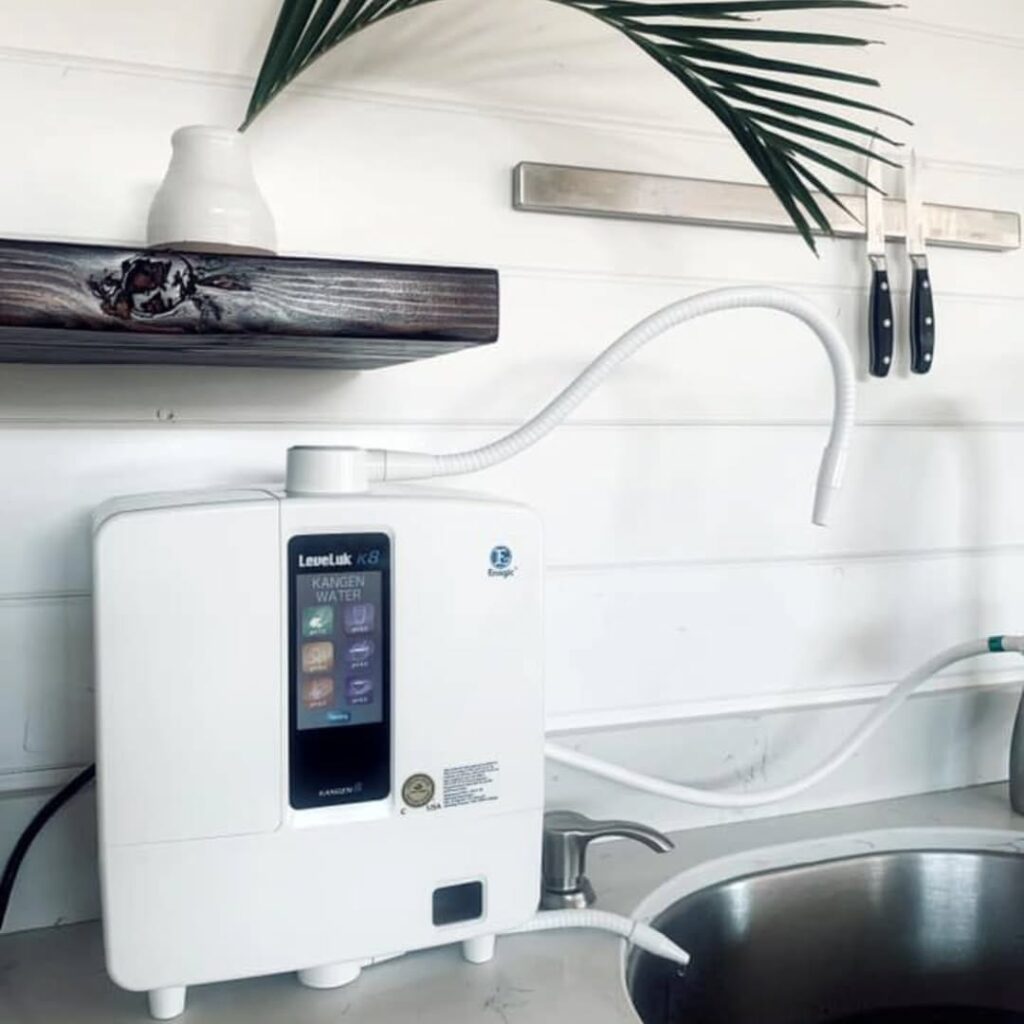Kangen water and environmental friendliness: Reducing Plastic Waste
1. Eliminates Plastic Bottles
Kangen water machines provide purified, ionized water directly from the tap, drastically reducing dependence on single-use plastic bottles. By switching to a home system, families can cut down hundreds to thousands of bottles per year.
2. Reduces Microplastic Pollution
Most bottled water contains microplastics, which harm ecosystems and human health. Choosing Kangen water reduces plastic consumption and, consequently, the spread of microplastics in oceans and soils.
3. Decreases Carbon Footprint
The production and transportation of bottled water require significant fossil fuels. With Kangen water, water is filtered and alkalized at home, lowering transportation emissions and energy waste.
4. Encourages Reusable Containers
Users of Kangen water typically refill stainless steel, glass, or BPA-free bottles. This habit fosters a culture of reuse rather than disposal, promoting sustainable lifestyles.
5. Supports Circular Economy Goals
By cutting plastic waste, Kangen water aligns with the UN Sustainable Development Goals (SDGs), especially Goal 12 (Responsible Consumption and Production) and Goal 14 (Life Below Water).
6. Prevents Landfill Overflow
Plastics can take up to 500 years to decompose in landfills. Kangen water reduces household plastic waste, slowing landfill expansion.
7. Protects Marine Life
Every year, millions of tons of plastic end up in oceans, killing fish, turtles, and seabirds. Reducing bottled water usage directly helps in lowering plastic leakage into waterways.
8. Long-Term Cost and Waste Savings
While the initial machine investment is higher, the long-term use saves money and prevents thousands of plastic bottles from entering the waste stream.
9. Promotes Conscious Consumerism
Drinking Kangen water makes people more mindful of their environmental footprint, encouraging other eco-friendly choices such as reducing packaging or composting.
In summary: Kangen water contributes to environmental sustainability by offering a reusable, home-based alternative to bottled water, cutting plastic waste, reducing carbon emissions, and protecting ecosystems
